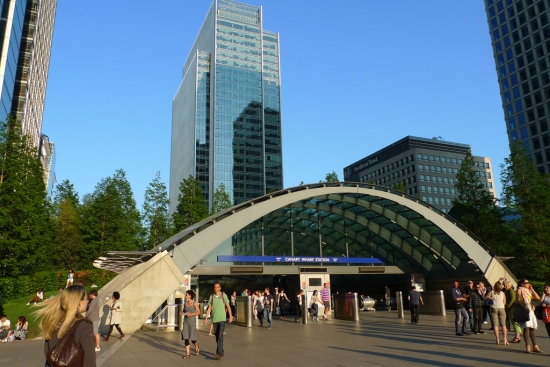Today Britain’s first female Prime Minister, Baroness Thatcher, will be laid to rest in a ceremonial funeral with full military honours.

The coffin bearing Baroness Thatcher, who occupied Downing Street for over a decade, will be drawn by a gun carriage of the King’s Royal Horse Artillery to St Paul’s Cathedral where the service will take place attended by leaders from across the globe.
The death of Baroness Thatcher, together with today’s funeral arrangements, has reignited debate about the legacy of a woman who sharply divides public opinion.
There are many who regard the Iron Lady as Britain’s greatest modern day leader. To her supporters she is credited with curbing the power of the unions and transforming the UK economy.
To her critics she will always be remembered as the Prime Minister whose monetarist policies led to mass unemployment and created social divisions that have never been healed.
Given these stark differences of opinion, she is likely to remain a controversial figure long after today’s events are concluded. But there is no doubt that, when she departed Downing Street in 1990, Britain was a very different country than when she arrived on a spring day in 1979 promising to replace discord with harmony.
There are few areas of society where her influence wasn’t felt. Under Thatcher’s radical leadership the public utilities were privatised and a host of other state owned companies were sold off. These include names such as Jaguar, Rolls Royce, British Airways and British Steel.
The top rate of income tax was slashed and VAT rose from eight to fifteen per cent shifting the balance of taxation from income to consumption.
Together with US President Ronald Reagan and Soviet leader Mikhail Gorbachev, she played a role in ending the Cold War and she sent a naval fleet to the South Atlantic to regain the Falkland Islands.
But what was Margaret Thatcher’s impact on the property industry? In residential terms this was direct and dramatic. During the 1979 general election campaign the Conservative Party promised to give council tenants the right to buy their homes at discounted prices.
This policy, the foundation stone of Thatcher’s vision of a property owning democracy, proved to be hugely popular. Between 1980 and the present day around two million council houses have been sold under the Right to Buy scheme.
However the money raised by local authorities was ring-fenced by the government preventing new developments taking place. While this gave a boost to the buy to let market, it also had a negative impact that, according to chartered surveyor Gary O’Neill, is still being felt today.
“There is little doubt that the non-replacement of social housing via the Right to Buy has had severe long-term consequences for our current inability to meet the housing requirements of the nation, as evidenced by 5m people on waiting lists,” he said.
In the case of commercial property, the foundation of the London Docklands Development Corporation, together with the deregulation of the financial markets, changed the London skyline forever.
The so-called Big Bang led to a revolution in the types of institutions allowed to operate in the City, ending the clubby atmosphere that had previously prevailed and ushering in the sight of brash young brokers in striped shirts and braces.

It also created the conditions which allowed the City to establish itself as a global financial centre, fuelling the demand for modern Grade A office space.
As a result, the development of Canary Wharf began in 1988 on the site of the West India Docks which had closed a year after Thatcher came to power.
Welcoming the beginning of the project she said; “I cannot emphasise too much that it is really time to shout the praises of what is happening in Docklands.
“It is, as you know, the largest single commercial development in the world. But it is only one of the many exciting things you can see happening.
“In a few years we have begun to transform Docklands from a wasteland of industrial dereliction into a lively, varied new centre of employment, housing and leisure for London.”
Other commercial developments followed in the wake of Canary Wharf as overseas banks and financial services companies flooded into London driving rents in the capital to among the highest in the world. This surge in investment led to a huge shift in ownership and, today, foreign ownership of City office space has passed the 50 per cent mark for the first time in history.
There are economic observers who argue that the deregulation of the markets led directly to the banking crisis which followed over 20 years later. Other analysts disagree. Nevertheless the City commercial property market survived the resulting recession and is, once again, seeing increased investment activity.
Sadly, the picture is very different in many UK cities. In the industrial heartlands of the North and the Midlands it took years to address the dereliction and decline that resulted from mass factory closures. Whether or not this was inevitable, it created a huge challenge to civic leaders.
While some cities have successfully re-invented themselves, others are still struggling with overdue regeneration projects, hampered by adverse economic conditions and cuts imposed by the current government.
It is in these former mining and manufacturing centres that hostility to Baroness Thatcher, a woman who was never afraid of confrontation, remains at its strongest. There is no doubt that today’s funeral will do little to change this but even her sternest critics cannot deny the impact she made as a politician. In the words of Labour leader Ed Miliband she was “a prime minister who defined her age.”